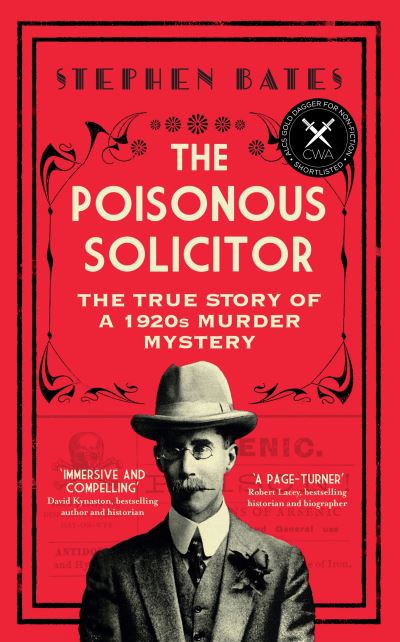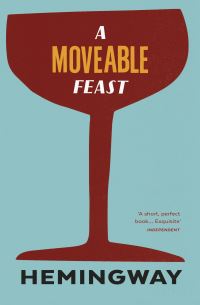Description
‘METICULOUSLY RESEARCHED … A GLORIOUSLY ENGAGING ROMP’ JANICE HALLETT, THE SUNDAY TIMES
‘IMMERSIVE AND COMPELLING’ DAVID KYNASTON
‘A PAGE-TURNER’ ROBERT LACEY
‘CAREFUL AND COMPELLING’ KATE MORGAN
‘YOU WILL READ IT IN ONE SITTING’ MARC MULHOLLAND
‘A REAL-LIFE GOLDEN-AGE CRIME NOVEL’ SEAN O’CONNOR
A brilliant narrative investigation into the 1920s case that inspired Agatha Christie, Dorothy Sayers and Margery Allingham.
On a bleak Tuesday morning in February 1921, 48-year-old Katharine Armstrong died in her bedroom on the first floor of an imposing Edwardian villa overlooking the rolling hills of the isolated borderlands between Wales and England.
Within fifteen months of such a sad domestic tragedy, her husband, Herbert Rowse Armstrong, would be arrested, tried and hanged for poisoning her with arsenic, the only solicitor ever to be executed in England.
Armstrong’s story was retold again and again, decade after decade, in a thousand newspaper articles across the world, and may have also inspired the new breed of popular detective writers seeking to create a cunning criminal at the centre of their thrillers.
With all the ingredients of a classic murder mystery, the case is a near-perfect whodunnit. But who, in fact, did it? Was Armstrong really a murderer?
One hundred years after the execution, Agatha-Award shortlisted Stephen Bates examines and retells the story of the case, evoking the period and atmosphere of the early 1920s, and questioning the fatal judgement.




